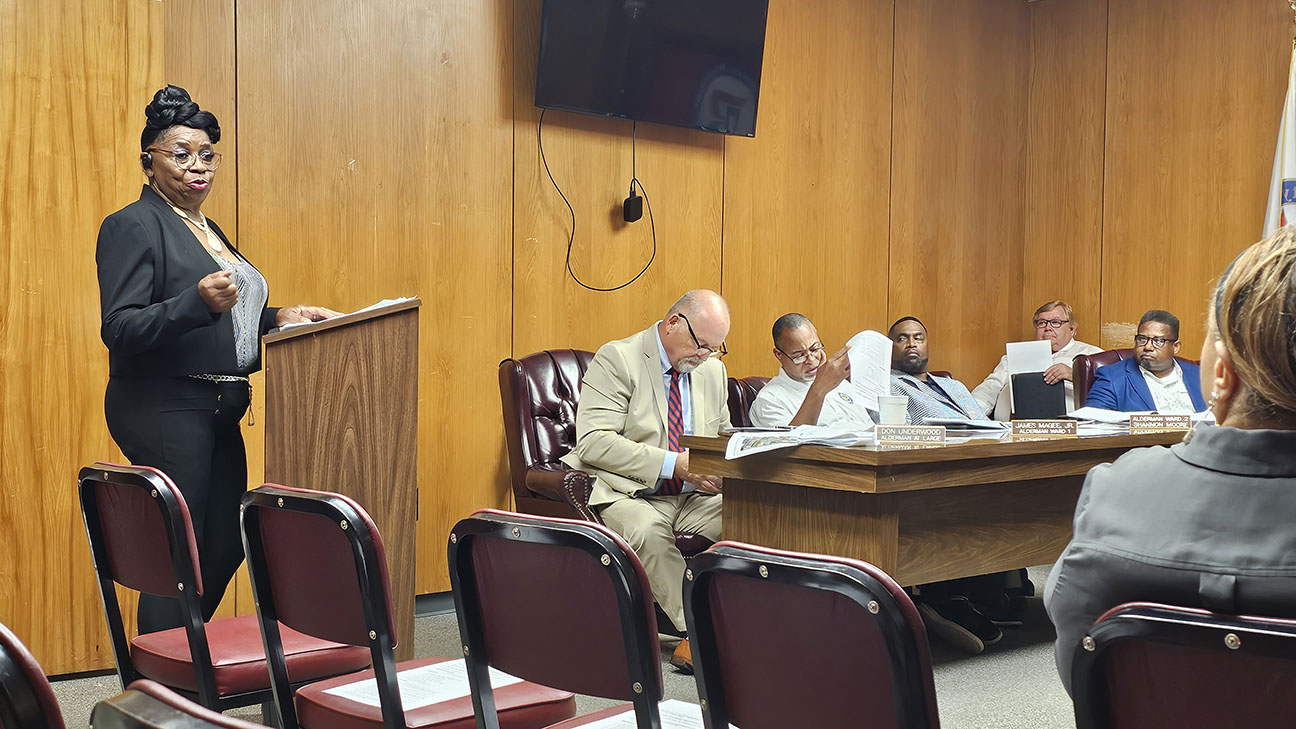Learn from past, work for future
Published 9:22 pm Friday, August 23, 2019
The New York Times recently published a project titled “1619” that marked the 400-year anniversary of the first African slaves arriving in Virginia.
“No aspect of the country that would be formed here has been untouched by the years of slavery that followed,” the introduction to the Times project said.
The project casts our nation’s early successes as dependent upon a brutal form of chattel slavery. It also seeks to show how a legacy of slavery continues to stain this country.
The project was praised by some, but also criticized.
“The whole project is a lie,” Newt Gingrich said.
Some critics say America didn’t invent slavery and shouldn’t be blamed for it. Others hold those who sold Africans into slavery as the guilty party.
But those arguments fall short of understanding the realities of slavery in America.
As historians point out, Old World slavery looked much different than what was created in America. Slave traders in Africa were not aware of the distinct form of slavery found in America, according to Kelley Fanto Deetz with the University of Virginia.
Slavery in America “wed skin color to class in ways never seen before, as it became a distinct product of the trade. That form was drastically different from the African ‘Old World’ models,” she wrote.
“Old World slavery was characterized by a more fluid status. The enslaved could own property and legally marry, and their children were not automatically enslaved. Slaves were often criminals, or victims of religious wars. More specifically, slavery in Africa was not a life term, nor was it inherited. The Old World models were more like an indenture, where there was a term of labor to be paid, and then freedom would be granted.
“This was nothing like the race-based chattel slavery that grew with the transatlantic trade, which guaranteed a lifetime term and the further enslavement of one’s children,” she wrote.
Those seeking to excuse America’s reliance on the treatment of other humans — specifically one race — as property do so with a purposeful blind eye toward the past.
There is no argument to be made that lessens America’s guilt when it comes to slavery.
Historians can argue over who invented slavery and how it developed in the world prior to 1619, but one fact remains: America built its early wealth and prosperity on a cruel system of treating humans as property.
Trying to find someone else to point the finger at is a waste of time. Instead, we should seek to find ways to learn from this horrible history, and work to make sure any remnants of that legacy are adequately addressed.
Publisher Luke Horton can be reached at luke.horton@dailyleader.com.





